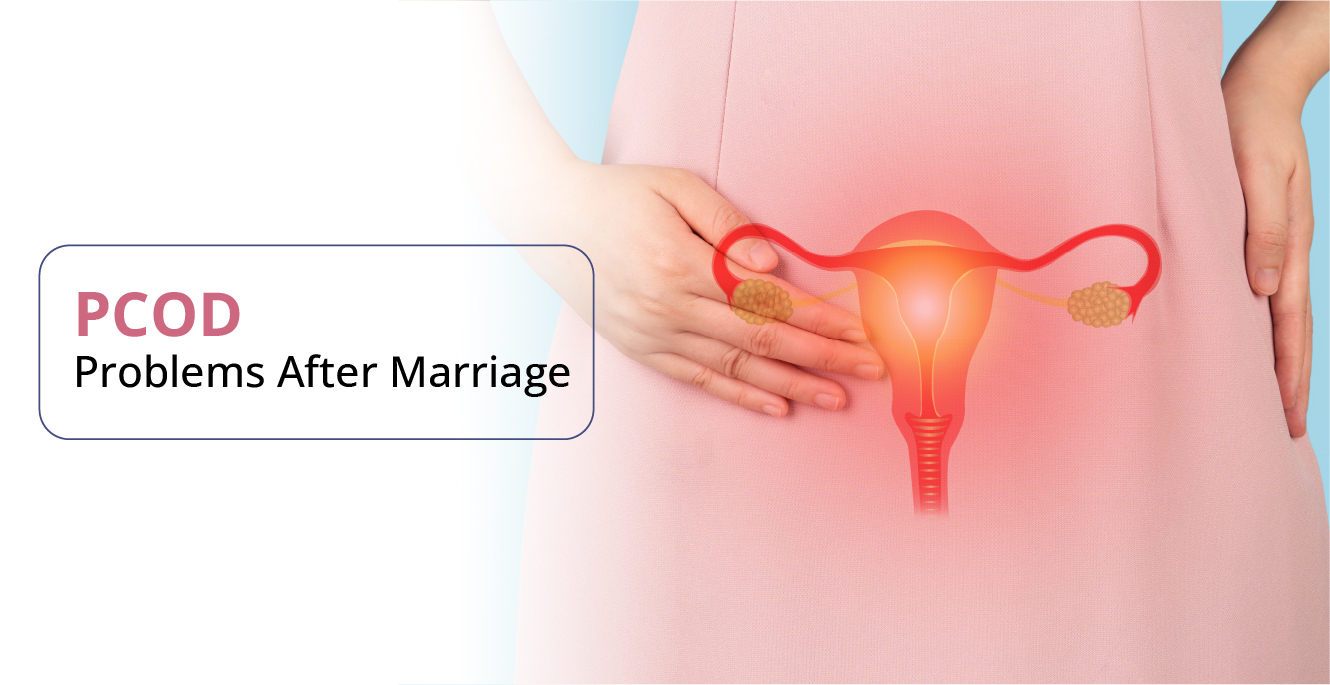Call Now
+91 7097096660


PCOD stands for POLYCYSTIC OVARIAN DISEASE OR POLYCYSTIC OVARIAN SYNDROME. It is diagnosed by presence of 2 of 3 of the following criteria - 1) Typical ultrasound picture of polycystic ovaries i.e. multiple small follicles arranged in periphery of ovaries in necklace like pattern 2) oligo/ anovulation 3) clinical/ biochemical hyperandrogenism.
Treatment depends on the symptoms. If patient desires fertility, then induction of ovulation is done with medicines/ injections. For irregular menses, medicines/ hormones are given to regularise the menses. For male pattern symptoms like facial hair growth/acne, anti-androgenic medicines are given. Lifestyle management forms the mainstay of treatment of PCOS. WEIGHT LOSS, DIETARY MANAGEMENT, and EXERCISE, go a long way in reducing the symptoms of PCOS.
© Copyright 2024 bansalivf.com All Rights Reserved.